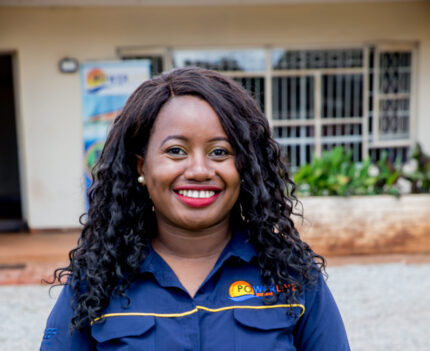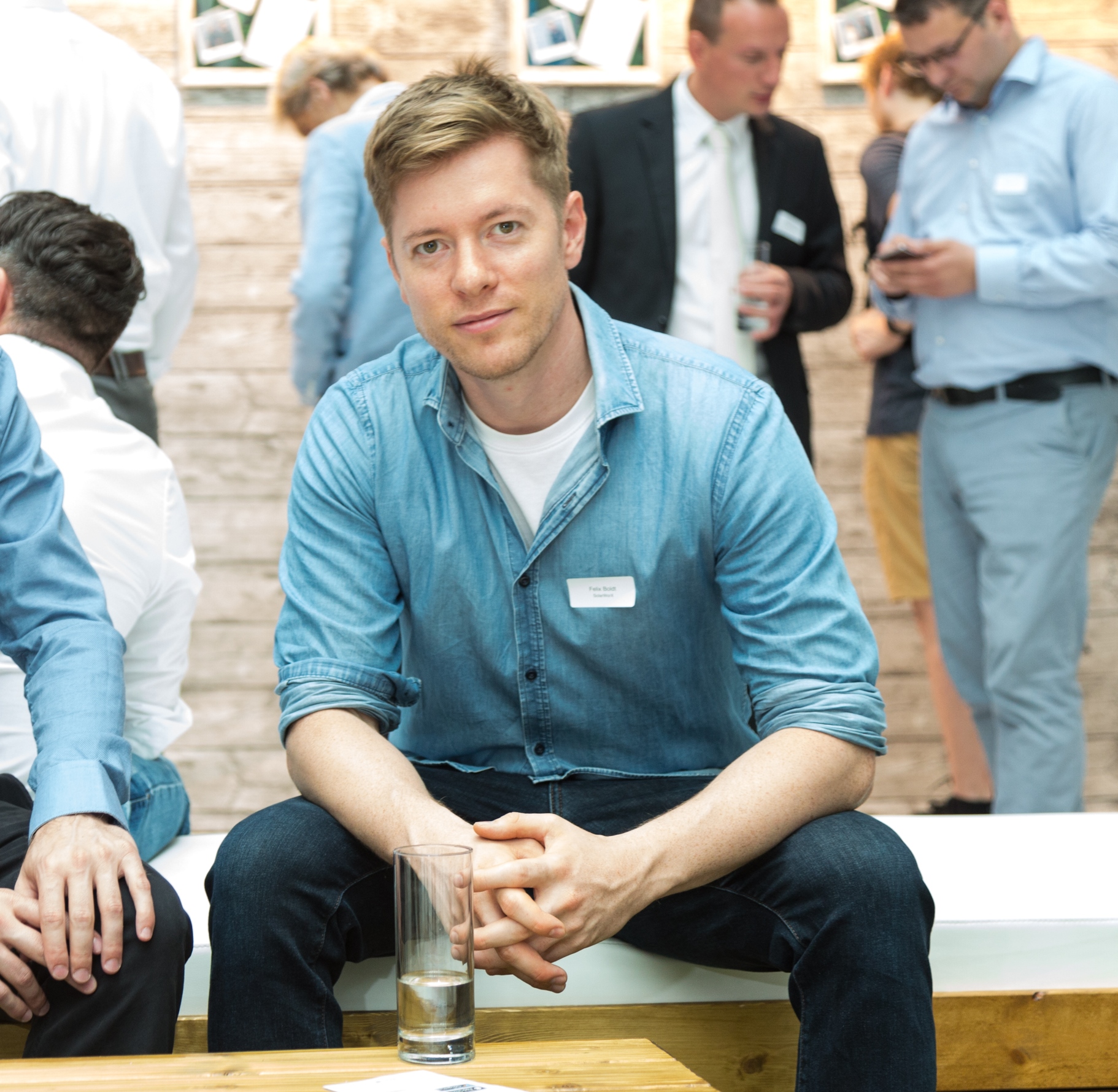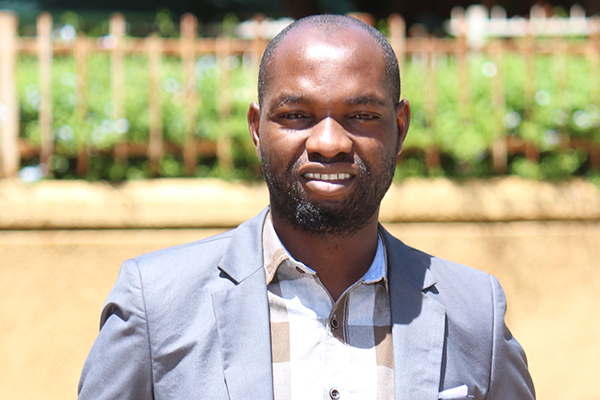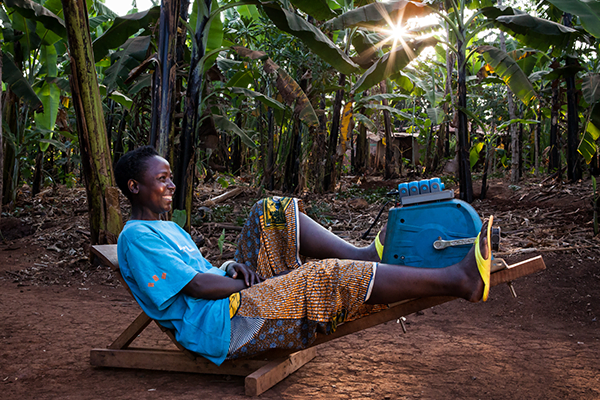
Nuru Energy’s Innovative Energy Project in Rural Rwanda Provides Access to Energy to Over 100,000 Households
Over the past 7 years, Nuru Energy has relentlessly worked to create
and refine a market-based model to provide clean energy services to Africa’s poorest consumers. With the support of EEP, Nuru is now able to provide access to energy to over 100,000 households in Rwanda. This access to energy comes in the form of a LED lamp and a recharging service.
Nuru’s approach involves bringing developed and tested business models and adapting them to the village. The collaborative consumption model allows those that want access to an affordable source of energy, to share energy and access it when they need it.
At village level, this means that instead of trying to sell a solar panel to every household, most of which do not have the means, Nuru adopts a community- or village-based approach where the energy resource sits in the hands of a group of micro-entrepreneurs. These entrepreneurs provide recharging services with off-grid portable solar and pedal-powered recharge equipment on a pay-as-you-go basis, making it possible to recharge portable LED lamps, mobile phones and any other USB chargeable device.
Nuru Energy found out very early in their market segmentation of poor households that the prevailing argument that African households living on less than $1.25 per day and spending about $6 billion per year on kerosene was not held true in rural Rwanda as this would amount to $5 per month or 15% of monthly expenditure. Nuru’s observation was that Rwandan households below the poverty line spend about a tenth of that, about $0.50 per month, sometimes on kerosene, but mostly on candles and disposable batteries for flashlights.
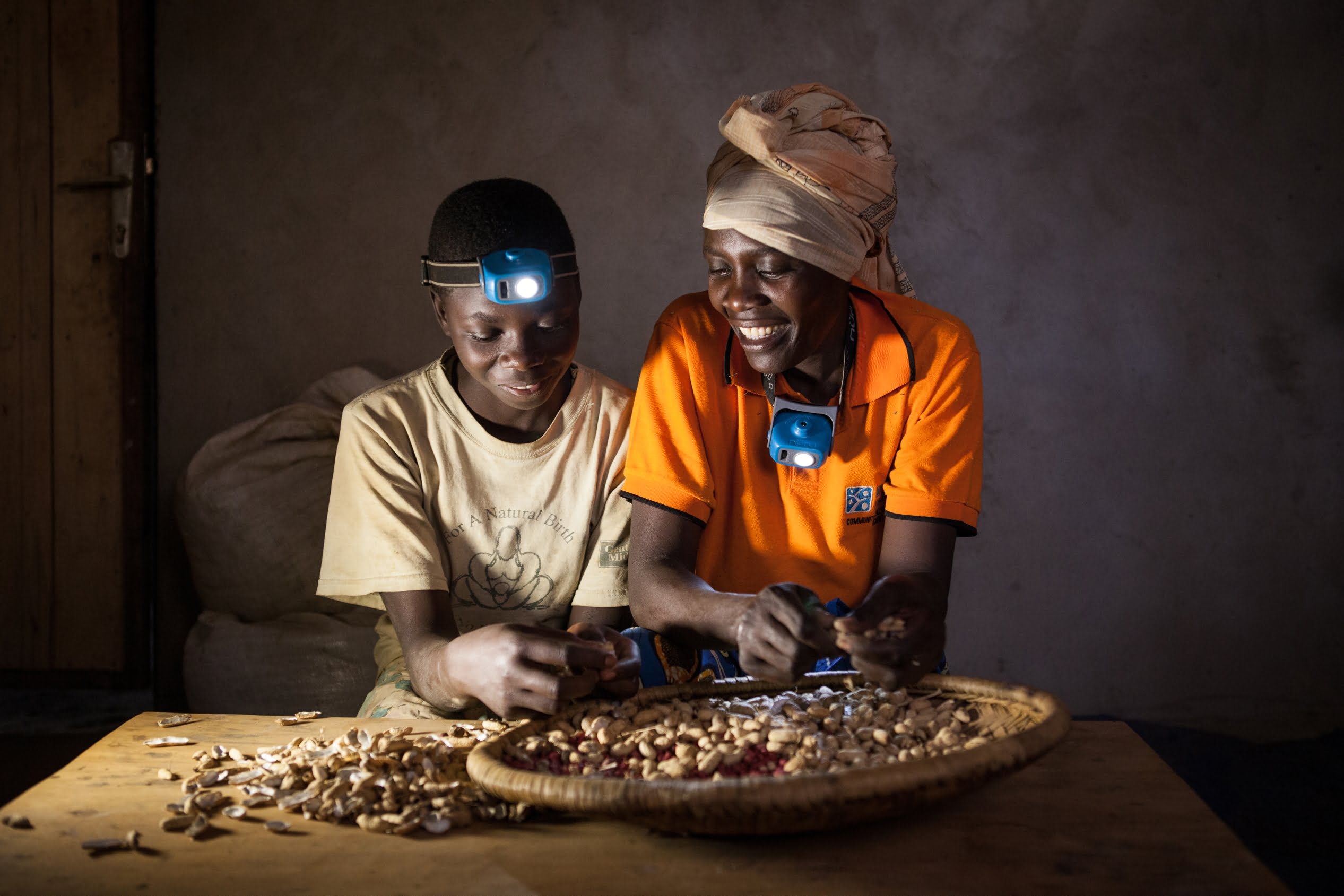
Noticing that households could not afford a $5 lamp upfront, Nuru decided to sell its LED lamps at a price that was affordable to ~80% of the households. In most communities, this means selling the lamp at about $1, which in not enough to gain the upfront margin that most other lamp retailers depend on. The Nuru business model, however, relies on earning a portion of the recharge revenue from the network of micro-entrepreneurs in the villages. By removing the high upfront obstacle, the market for Nuru’s products is vastly larger than with a traditional business model. With Nuru’s social goal in mind the business model is able to provide energy and light to the poorest of the poor. The benefit for the villages is that apart from the village households receiving a LED light, which replaced their existing environmentally unfriendly lighting solution, they now also have access to a recharging solution that is based in their village. They can now recharge other devices like phones and radios. Another benefit is that some of the village members become entrepreneurs who can significantly increase their income level.
Nuru Energy and its EEP funded project, with its unique energy access solution, has also peaked the interest of a team of researchers who have raised close to 1 million USD in research funding to determine the social, environmental and economic impact on the life of the entrepreneurs and customers (households and children in particular) in the Nuru villages. A specific interest of the study will be on how groups with just female entrepreneurs perform compared to groups that have both female and male or just male entrepreneurs.
Visit Nuru Energy website and learn more about Nuru’s story throughout Africa.
Marketing for the clean energy transition
Profile of Precious Vuma, Business Development and Marketing Manager at Powerlive ...
Using innovation to provide access to clean energy
Profile of Felix Boldt, Founder and CEO of Solarworx - Zambia...
Building a Start-up at the Nexus of Energy and Food
Profile of Admore Chiumia, Founder of Green Impact Technologies - Malawi...



